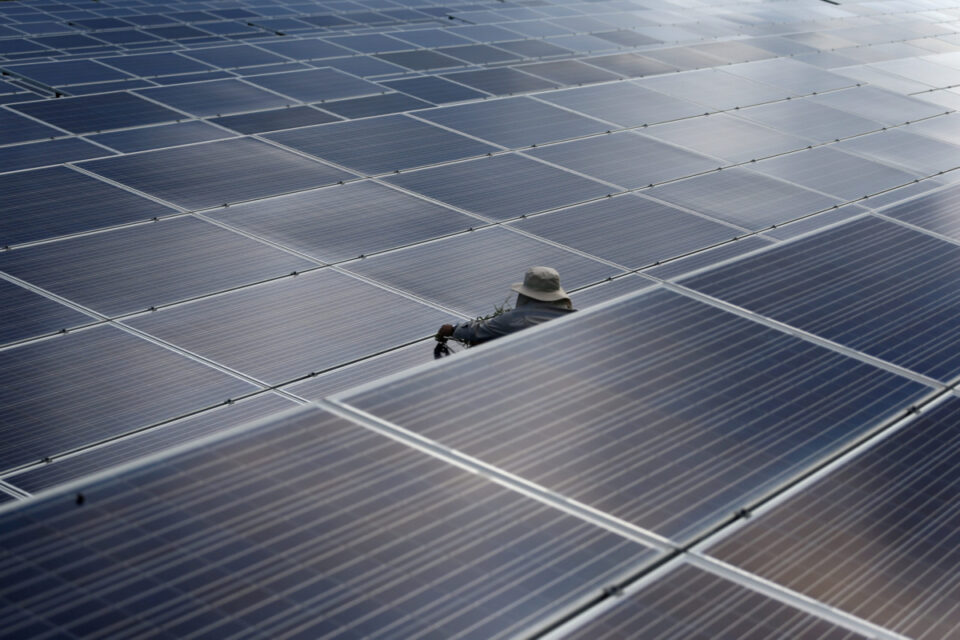KUALA LUMPUR, Dec 24 — Local experts were in agreement that the use of solar energy in the country needed to be expanded to tap its potential as the most important source of electricity in Malaysia.
Universiti Sains Islam Malaysia (USIM) Science and Technology Faculty senior lecturer Dr Shahino Mah Abdullah said the percentage of energy generated by solar sources was still low even though Malaysia had the advantage of receiving a high amount of sunshine throughout the year.
“There’s still a lot of room for Malaysia to expand solar energy generation to ensure it becomes the ain source of energy for the country. It’s not only clean, but it’s renewable and can be obtained freely from the sun.
“The solar panel manufacturing sector is booming and this has brought the prices to its lowest levels yet and is supported by various incentives to encourage the installation of solar systems, both for individuals, private entities and the government,” he told Bernama recently, as he shared his comments on the electricity tariff adjustments next year that will be implemented under the Imbalance Cost Pass-Through (ICPT) mechanism, under the Incentive-Based Regulation (IBR) to enable the price of fuel to be adjusted every six months based on the current global fuel prices.
He also said that solar energy was not new to Malaysia as there were many solar plants developed by local companies, including Tenaga Nasional Berhad, the main electricity supplier in the country, and that many Malaysians were keen on this clean energy, but many medium and low income individuals were unable to reap its benefits due to the high initial costs and the suitability of their homes for installations.
For those who could afford solar panel systems, Shahino said that the Net Energy Metering (NEM) programme was the best choice for them.
“The programme allows surplus solar energy generated to be redirected to the grid and it will reduce the monthly electricity bill. With the rising demand for electricity, this will help electricity providers to meet the country’s energy needs and reduce carbon dioxide emissions that would have a negative impact on the environment, and help the country reach zero emissions by 2020,” he said.
Meanwhile, Universiti Teknologi Malaysia (UTM) Electric Engineering Faculty lecturer Assoc Prof Dr Jasrul Jamani Jamian said that photovoltaic solar panel installations would reduce energy usage from TNB and reduce the impact of ICPT on consumers.
“Consumers do need a rather high initial amount of funds for the PV solar installation and if compared to a decade ago, prices are much lower. For instance, 10 kilowatt peak (kWp) 10 years ago was around RM140,000, now it’s only RM40,000,” he said.
— Bernama





